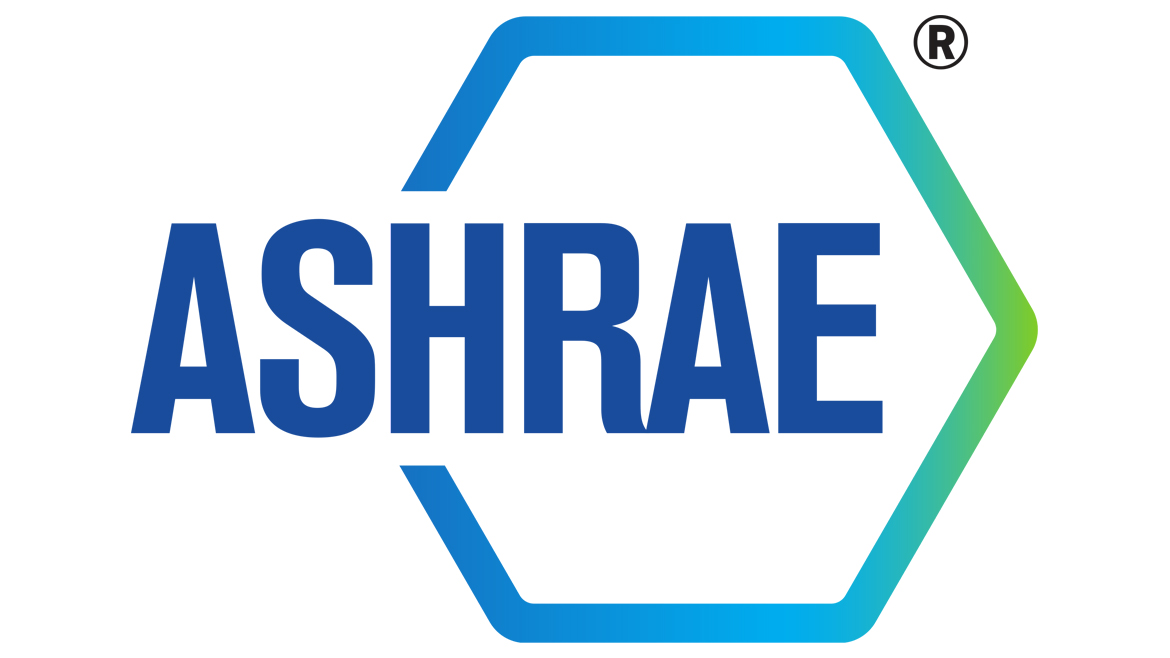ATLANTA — ASHRAE has received a determination from the U.S. Department of Energy (DOE) that ANSI/ASHRAE/IES Standard 90.1-2022, Energy Standard for Sites and Buildings Except Low-Rise Residential Buildings, will increase energy efficiency in commercial buildings subject to the code.
“With the intensified demand for decreased energy consumption and carbon reductions in existing buildings, Standard 90.1 continues to offer essential guidance in shaping building regulations and amplified energy legislation,” said ASHRAE president Ginger Scoggins. “The DOE’s latest determination further solidifies Standard 90.1 as the cornerstone for achieving energy efficiency goals and ultimately moves us closer towards widescale, global building decarbonization of the built environment.”
Here are the DOE’s estimates of savings in commercial buildings with the application of Standard 90.1-2022: 9.8% site energy savings, 9.4% source energy savings, and 9.3% carbon emissions savings.
Standard 90.1-2022 marks the first time onsite generation of renewable energy systems has been incorporated as a prescriptive requirement of the standard, recognizing the role of renewables in new construction, echoing similar requirements in several state and local building codes, and better positioning new commercial buildings to achieve net-zero energy. Other key changes include customizable energy credits, a new mechanical system efficiency performance option, requirements to address thermal bridging, expanded criteria for whole-building air-leakage testing, updated lighting power allowances, and additional guidance for using emissions in addition to traditional site-, source-, and cost-based metrics.
Each state is required to certify, within two years of DOE’s affirmative determination, that the provisions of its commercial building code regarding energy efficiency have been reviewed and, as necessary, updated to meet or exceed the updated edition of Standard 90.1.


Report Abusive Comment